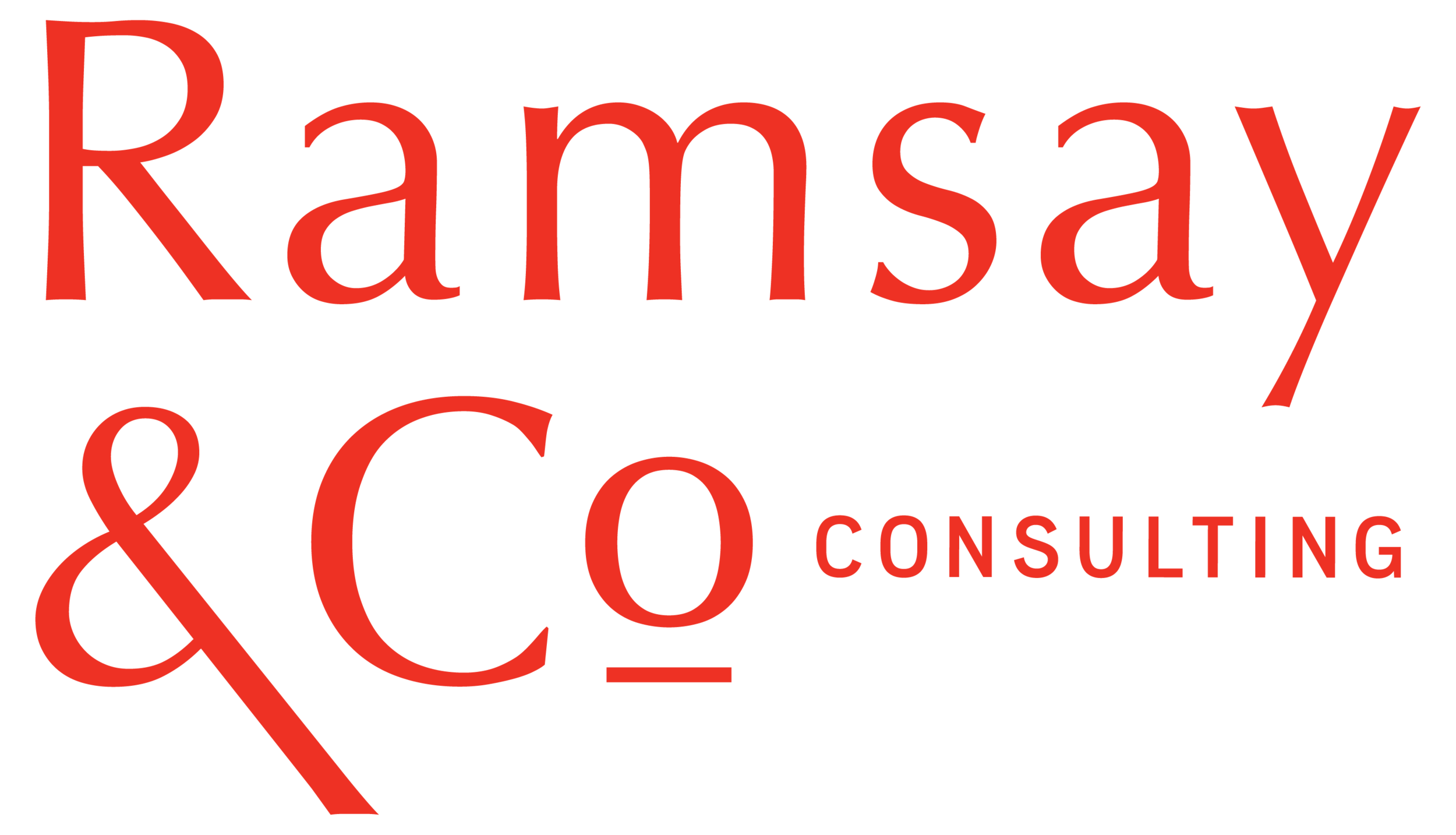#27 What’s Your Context?
An essential element of telling your unique, beautiful story
I think about myself a lot. Not because I’m uniquely self-absorbed or selfish; It’s mostly because I’m stuck in my head during a pandemic and have nowhere else to go. But also because I’m a writer and always on the hunt for my next story.
These past months have probably given a number of us more time with ourselves than we would have ever asked for. But the horrors of existential angst and ennui at war within me aside, one of the gifts of the pandemic has been unique insight into myself as a creator and as a human here to do something with whatever time I have. It hasn’t made me more ambitious or hungrier for success, instead it’s made me more thoughtful about what matters most to me and how I can best contribute to a better world for myself and others.
That’s not to say I’ve landed on an definite answer or a path forward, but given the trajectory of this pandemic I suspect I’ll have more time to sort through it and believe that honestly that is part of the exercise of existence and will lead to some interesting stories in the meantime.
But why the heavy talk of existence and self? Well, because I think understanding yourself contributes to better stories—those about yourself but also those about the world beyond you. You come at stories from a grounded sense of what you know, a stable enough place depending on the day and how many weeks it’s been since you’ve been outside with people beyond spouses, children, or pets. It’s why writers are so often told to write what they know.
I would guess that a good number of us have had interesting shifts in perspectives this past year simply from being forced to sit still. Life has slowed down in some ways (and kicked into high gear in others) and in that place of stillness we can see the world, specifically our lives around us, with new clarity. I think. Maybe. At least that’s been the case for me and the people around me.
That slowing stillness allows us to observe our lives even as we move through it. Stop reading a moment. Look around you. Notice the details of first the space around you and then yourself. Can you feel your heartbeat, can you hear your breath? Are you cold or comfortable? Are there things around you that when you see them you have an emotional response to (e.g. a pet or person or keepsake)?
Self-exploration and understanding are a really important part of storytelling. What are the components that make up you and your life? Which are solid, like roots and which are more changeable like leaves? How are those things that are central to you different in the stories you choose to tell? What of you shows up in your work and what do you keep for yourself and why?
All of these elements are your context. And context is one of the most essential elements of telling any stories (and especially brand stories). I like to think of context as the container for your story. I see a glass box around the idea and everything that you add to the box is the context—the things around you that matter most. It’s the thing that helps weave stories together and supports your narrative.
According to Oxford, context is, “the circumstances that form the setting for an event, statement, or idea, and in terms of which it can be fully understood and assessed.” A valuable thing.
Understanding yourself is about context (history, background, culture, influences, etc.) but so is understanding your story. It’s why exploration and curiosity come up so often for me in my work and us in this newsletter—we’re hunter gatherers now even as we live modern, tech-interrupted lives. What I’m suggesting is that you take the time to interrogate your own context. Ask yourself the questions I pose above, write them down and add other questions and answers. It’ll clarify the types of stories you can and may tell.
Exploration (aka research or idle web browsing) is about context gathering and context gathering is about creating understanding. Then, of course you’ll have to sift through all you find to identify what is most relevant to the moment and to the story you want to tell. But that’s another newsletter. Start with recognizing and understanding your own context and the need for gathering and sharing context as an essential element of telling a brand/business/creative/etc. story.
Let me know how your efforts at context gathering go in the comments below.
Chantaie Allick
Writer|Strategist|Storyteller
Thanks for reading Adventures in Storytelling!
Subscribe for free to receive weekly insights and resources for better communication through storytelling.

